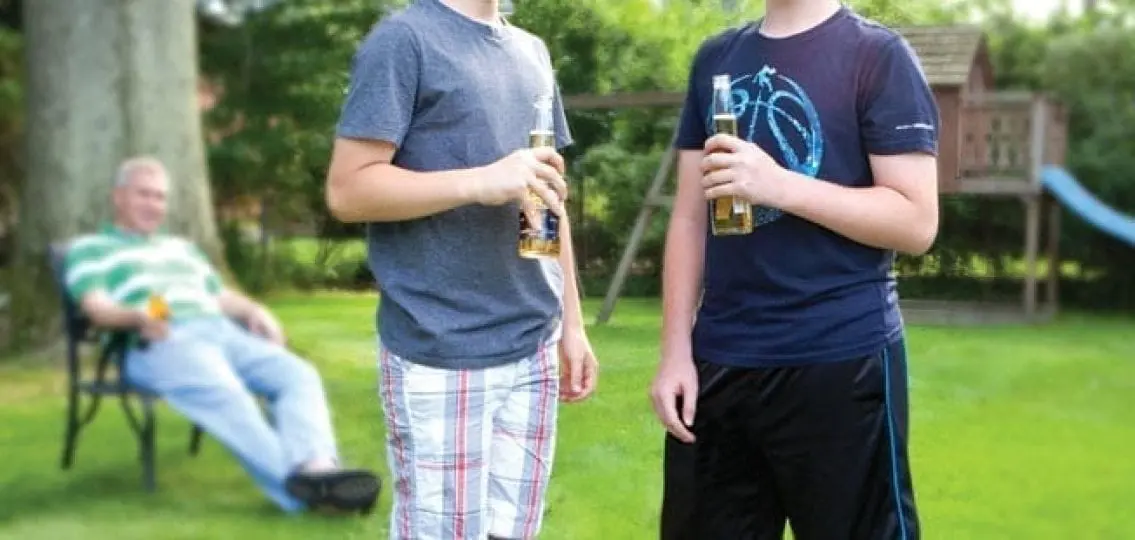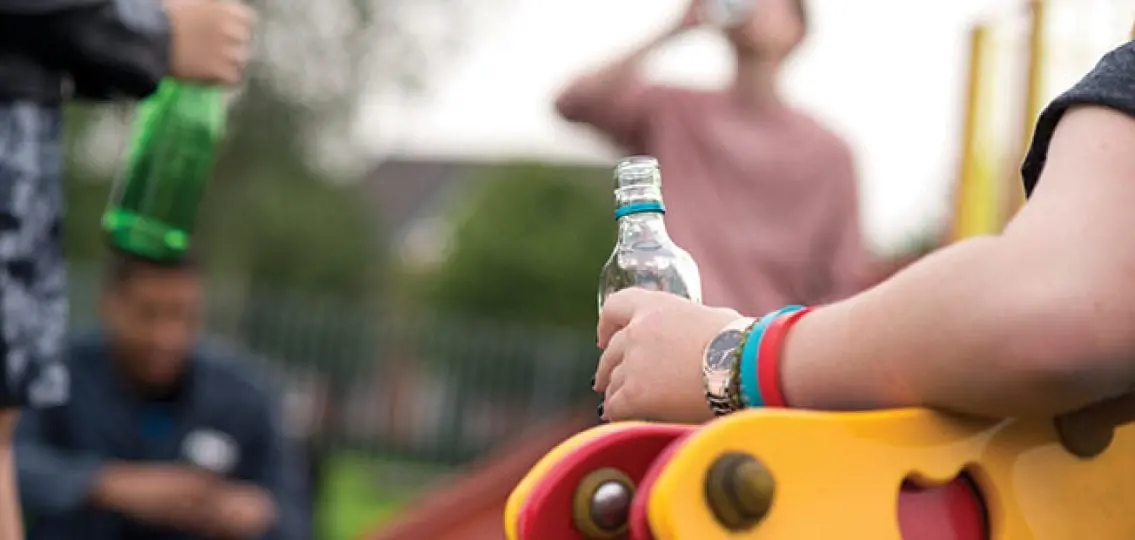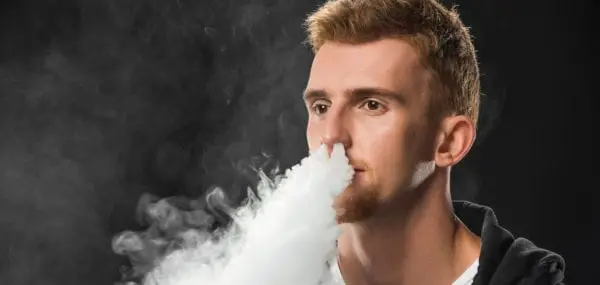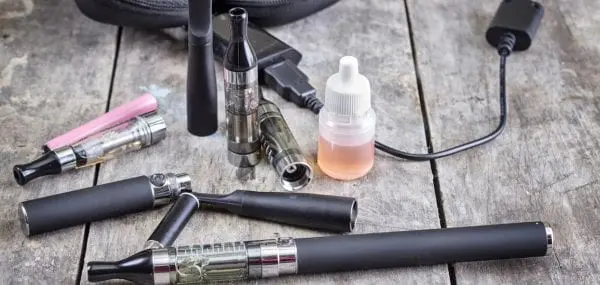Meghan Gaffney couldn’t believe her ears when her son, Justin, told her that he’d been offered a beer by the parents hosting a graduation party. “Sure, he’s going to college in a few months, but what right do those parents have to serve my underage child alcohol?” wondered the Ohio mom. “And without talking to me beforehand?”

Unfortunately, it happens. Other parents may offer your teenager alcohol—or they may look the other way while your teenager drinks under their roof. While their reasoning tends to be heartfelt, say the experts, it’s also misguided.
“A lot of parents have a false belief that it’s safer to have their children and their children’s friends drinking in their home,” explains Marcia Lee Taylor, chief policy officer for Partnership for Drug-Free Kids. But serving alcohol to teenagers only sends the message that underage drinking is acceptable, stresses Taylor.
“Even if the parent says, ‘This is only acceptable in this particular situation,’ the teenagers don’t hear that message,” adds psychologist Jennifer Powell-Lunder, co-author of Teenage as a Second Language.
What’s more, parents allowing minors to drink can land the parents in serious trouble. It’s called social hosting, and it’s illegal.
“Often, these parents are only thinking through the drinking and driving lens,” notes Taylor. “That’s an important lens, but what they’re missing is that there are state laws. In some states, you can be fined for serving alcohol to minors. In others, you can go to jail.”
“Parents need to look at the big picture and understand exactly what they are risking,” she adds. “What if something horrible happens to a teenager under their roof?”
Meanwhile, for parents who don’t want their teenagers to drink alcohol in their house or in anyone else’s, talk with your teenager in advance.
Expert Recommendations for Preventing Underage Drinking:
1. Talk early and often (and calmly) about your rule that underage drinking is not acceptable.
The research is unequivocal: alcohol damages the developing adolescent brain—especially before the age of 15—and increases an adolescent’s chance of developing a dependency on alcohol. Will your teenager drink anyway? Possibly. But being explicit about your rules (and the consequences) helps.
2. Role play.
“You want to talk about different situations,” adds Powell-Lunder. “You could say, ‘I heard about a party where parents were serving alcohol. Has that ever happened to you?’” Then brainstorm ways to handle the situation.
3. Have a code word.
“It’s a word nobody else would understand, but it means, ‘Come get me immediately’ if they text it,” says Powell-Lunder. And if your teenager is driving, the code word means: ‘Send a text to get me out of here.’”
“Parents should then make it look like it’s their fault,” adds Powell-Lunder. “You need to come home right now because such and such happened.”
4. Talk to other parents.
“Be in conversation with the parents of your teenager’s friends,” recommends Taylor. “Make sure you are on the same page with them so you’re comfortable with your teenager going over to that house.”
5. Stick to the message with older teenagers.
For older teenagers, it’s important to recognize that parties often include alcohol. And your teenager may move past the stage where they’re willing to text you a code word. Stick to your no-drinking message.
“As teenagers get older, they are more independent and more autonomous,” says Powell-Lunder. “That means they are making these decisions.”
“Don’t say, ‘Just hold the beer in your hands, but don’t drink it.’ You can’t say that to a teenager,” she adds. “You say, ‘I raised you this way, and if I catch you doing these behaviors, there will be consequences.’ Your rules in your house are your rules in your house. Most teenagers do have a good sense of it.”
6. Reach out to other parents.
Finding out that another parent has offered your teenager alcohol—without your permission—can be upsetting. “These parents are making a decision for other parents,” says Taylor.
So, the question is: Do you call those parents?
If you want to, go right ahead. “As parents, it is important to have these discussions,” says Powell-Lunder.

For starters, the parents may not realize the legal consequences of allowing underage drinking in their homes. Second, they’re making a decision for your teenager, which they don’t have the right to do.
Just remember, a confrontational approach is not helpful. “You don’t need to show up with torches yelling, ‘Open the door!’” says Powell-Lunder. “But I do think parents have the right to stand up for their own children.”




